How the time you go out to train affects you
A new study links the time of day we exercise with blood sugar control. The results showed that insulin resistance could be reduced by up to 25% if exercise was done in the evening.

Sport is our ally
The practice of "regular physical exercise appropriate to the characteristics of each person" is one of the best ways to fight diabetes, according to the Spanish Diabetes Society.
Now, however, new research published in Diabetologia - the journal of the European Association for the Study of Diabetes (EASD) - indicates that the timing of exercise may be linked to a greater reduction in insulin resistance.
RECOMENDADO

When do helmets have to be changed? Do they have an expiration date?
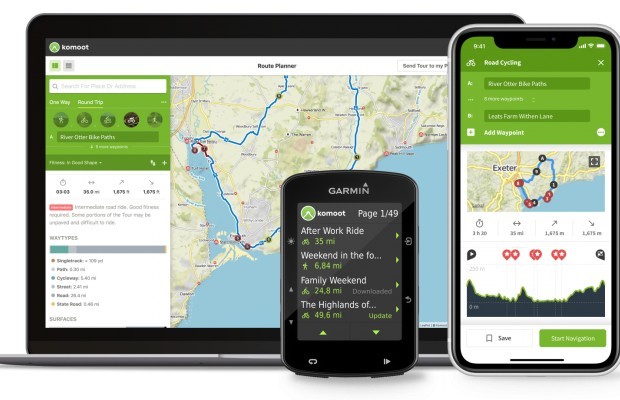
The best apps for cycling and mountain biking

Black Friday 2025 cycling bargains: save on Garmin, POC, Maxxis and more
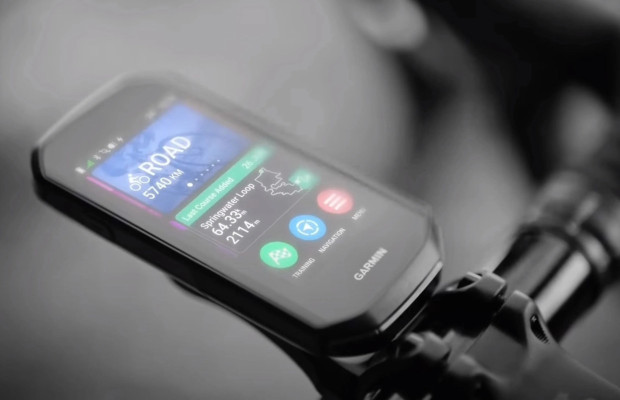
Black Friday Garmin 2025: the ultimate guide to choosing your GPS at the best price
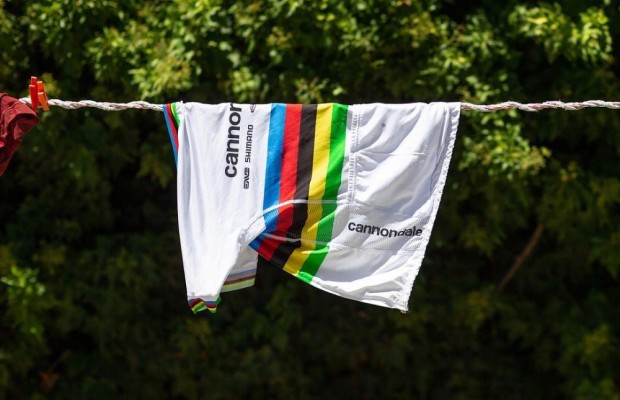
How to wash your cycling clothes? 10 keys to make them always look new
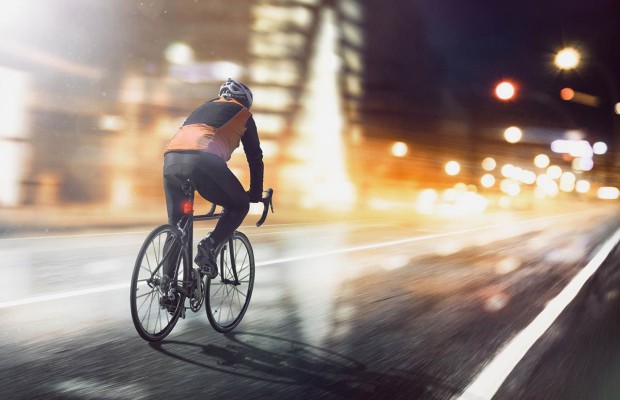
Cycling can help you fight the effects of the time switch
It should always be a doctor who determines what amount of exercise is appropriate for each individual patient, as exercise can also have the opposite effect: blood sugar can drop too low.
On the other hand, despite the obvious advantages for diabetics, proper sugar control is beneficial for everyone.
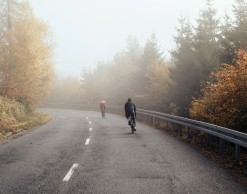
Time as the focal point of the study
Despite the well-known advantages of sport for our health, little research has been done on the differences we can experience in our bodies depending on the time of day we do it.
The study was carried out on 775 people, with an average age of 56 years. The researchers divided them into three groups according to when they exercised: morning (6-12h), afternoon (12-18h) and evening (18-00h). In addition, all were given a physical activity tracking device.
The results were clear. Firstly, insulin resistance remained unchanged in those who had exercised in the morning. The afternoon group reduced their insulin resistance by 18%, while the evening group reduced it by 25%.
On the other hand, there were no significant differences in insulin resistance between activity done in the morning and activity spread throughout the day.
After highlighting the importance of sport for health, lead author Dr Jeroen van der Velde, a researcher at Leiden University Medical Centre in the Netherlands, explained what they believe to be the causes behind this difference. "We believe that this can be explained, at least in part, by the circadian system of our body," he said.
"Previous research suggests that our body's muscular and oxidative systems are affected by our circadian rhythm, and their peak activity appears to occur in the late afternoon. Therefore, being more active in the afternoon and evening may elicit greater metabolic responses compared to being active in the morning," he added.
Still, van der Velde acknowledged that sport is just one element in the complex world of circadian rhythm management.